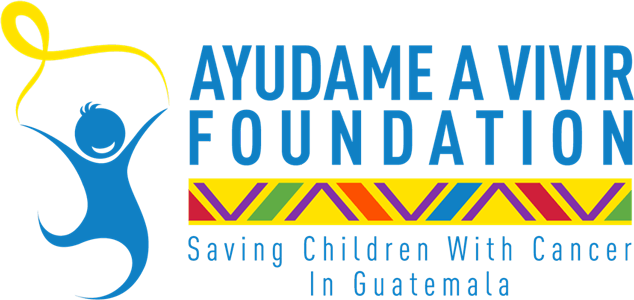Control and Prevention of Intra-Hospital Infections
There are many means that can help prevent infections.
Control y Prevencion de Infecciones Intra Hospitalarias
Son muchas las medidas que pueden aportar a prevenir infecciones.
When a patient receives oncological treatment, it is expected that there will be an existence of neutropenic (low defenses), this means that the patient has a potential risk of the infections while hospitalized. Each patient responds different to the treatments and this is where the intervention of the IAAS comes in (Control and Prevention of Infections Associated with the Attention of Health). There are many means that can help prevent infections. These are detailed below:
Cuando un paciente recibe tratamientos Oncológicos es esperado que exista neutropenia (baja de defensas), esto quiere decir que el paciente tiene el riesgo potencial de adquirir infecciones estando ingresado, cada paciente responde diferente a los tratamientos, es aquí donde interviene el Control y Prevención de las Infecciones Asociadas a la Atención de la Salud (IAAS), son muchas las medidas que pueden aportar a prevenir infecciones a continuación se detallan:
- Hand HygieneWashing their hands with soap and water for 40-60 seconds or with an alcohol-based solution (Alcohol gel) 20-30 seconds. Both ways help prevent infections and save lives around the world.
- Isolation Management
There are five types of isolation methods at the hospital, these depend on the type of infection the patient presents. - Cleaning and Disinfection of AreasThis is done, not only to keep a nice environment but to help provide clean and adequate areas for the patient's stay. Quaternary ammonium and chlorine are used to basically clean and disinfect in order to insure that the area is clean and bacteria free.
- Vascular AccessVascular access care can be central or peripheral, however, if they are not treated correctly they can work as a pathway for infections. Providing the appropriate care are vital to the reduction of the potential risks for the patient.
- Rational Handling of AntibioticsPediatric infectologists are in charge of treating in a specialized way each patient depending on their clinical status and the rational use of antibiotics is what provides the possibility of healing in case there is already an infection, but can be given as a prophylaxis.
- EducationSome additional activities that help prevent infections are part of the education that is addressed not only to patients, but to parents and staff.
- Employees
Ensuring that the employees do not have diseases that could put patients at risk, is another way of prevention. - Immunize Health PersonnelAnother form of prevention is to immunize health personnel. Ideally they should get a flu shot once a year and should get check that the employees have received a Hepatitis B vaccine.
- Higiene de las ManosEsta puede ser con agua y jabón, de 40 a 60 segundos, o utilizar una solución de base alcohólica (Alcohol gel), de 20 a 30 segundos. Ambas ayudan a prevenir infecciones y salvar vidas alrededor del mundo.
- Manejo de Aislamientos
En la Unidad Nacional de Oncología Pediátrica se manejan 5 tipos de aislamientos, esto dependerá del tipo de infección que el paciente presente, los aislamientos son: gotas, vía aérea, contacto, combinado y protector.
- Limpieza y Desinfección de ÁreasEsto no es únicamente para tener un ambiente agradable, sino para brindar áreas limpias y adecuadas para la estancia de los pacientes. Debe de utilizarse amonio cuaternario y cloro para limpiar y desinfectar para garantizar que el área esté lista y libre de bacterias.
- Cuidados de Accesos VascularesPueden ser accesos centrales o periféricos. Si no son cuidados de la manera correcta pueden ser una puerta de entrada para infecciones. Brindar los cuidados correctos son vitales para disminuir los riesgos potenciales para el paciente.
- Manejo Racional de los Antibióticos,Infectólogos Pediatras se encargan de tratar de manera especializada a cada uno de los pacientes dependiendo de su estado clínico. El uso racional de los antibióticos es lo que brinda la posibilidad de curación si ya se tiene una infección, pero puede ser dado como profilaxis.
- EducaciónAlgunas actividades adicionales pero no menos importantes, y que ayudan a prevenir las infecciones, es la educación dirigida tanto a pacientes, padres y personal.
- Empleados
Asegurar que el personal que no tenga enfermedades que puedan arriesgar a los pacientes es otra forma de prevenir.
- Inmunizar al Personal de SaludEs otra forma de prevenir infecciones. Es ideal vacunar 1 vez por año contra la Influenza y vigilar que los trabajadores tengan esquema de vacuna contra la Hepatitis B.






